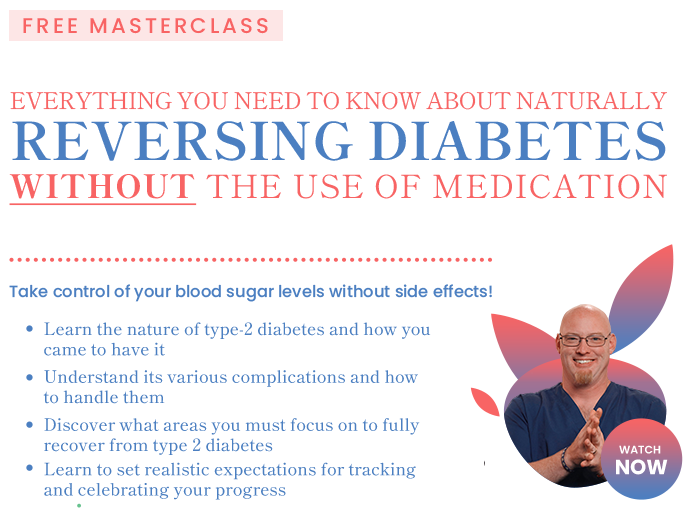
One of the best ways to prevent diabetes or manage it is to watch your weight. Diabetes is much easier to manage when you're at your ideal weight. Many people who have diabetes and embark on a weight loss plan often give up too soon just because the numbers on the scale don't reflect any change.
This is very unwise. As long as you're cleaning up your diet and exercising more than you normally would, your glucose metabolism will be improving. While this is not visible to the naked eye, it's a very important factor in managing diabetes and preventing fat storage.
Reducing your body weight by five percent to eight percent may not seem like much, but it significantly reduces your risk of diabetes and diabetes-related complications. In this article, you'll be given five tips to help you shed the excess pounds. Do adhere to them, and you'll shed the unwanted fat and reach the ideal 18.5 to 25 BMI range. It can be achieved if you stick to the plan and do not give up.
First, we will talk about knowing your daily calorie number and tracking your calories. Next, we will discuss why you should clean up your diet. Finally, we will learn about why you should weigh yourself once a week and walk for 30 minutes.

1
Know Your Daily Calorie Number
It's important to know how many calories you need to consume a day to lose weight. Ideally, you should aim for a 500- to 600- calorie deficit. Cutting your calories too drastically will cause your body to stubbornly retain fat. It'll also cause blood sugar spikes when you starve yourself and then consume food. You can find your calorie number by using an online calorie calculator.
Using the calculator and learning your calorie number will help you with your weight loss. Knowing your number leaves out the guessing game. You can have your goal in mind every day as you plan your meals and snacks.

2
Track Your Calories
Now that you know what your calorie needs are, you should track your calorie consumption. While there is no need to obsess over the numbers, you must have a rough idea of where you are so that you do not exceed them. It's very easy to think that you're within the caloric deficit range when you're already over it.
Keep a food journal and write down whatever foods you eat. This will make it easier to track things. You will also be able to keep yourself accountable.

3
Clean Up Your Diet
Make gradual changes to your diet and opt for healthier options whenever possible. The keyword is gradual. Changing one's eating habits is a Herculean task and is best achieved in a step-by-step manner.
Are you drinking two sodas a day? Drop it to one, switch your white bread to whole grain bread, and forget the commercially sold fruit juices and stick to eating whole fruits. Small changes like these compounded over time will make a world of difference. If you reduce your intake of sugar, salt, processed foods, and refined carbohydrates, you'll be on the right track.

4
Weigh Yourself Once A Week
Don't weigh yourself five times a day. This can be depressing because your weight can fluctuate. Instead, have a specific day and time every week to do it. An example would be Monday morning at 8 a.m. on an empty stomach.
This will help you track your progress. Don't be too disappointed if you don't see the numbers drop. Just stick to the caloric deficit and track your calories while practicing clean eating.

4
Walk For 30 Minutes
One of the best ways to gradually shed the fat will be to walk briskly for 30 minutes every morning. Just waking up and still having an empty stomach is the best time. Since your glycogen levels are low, the body will burn fat for fuel.
In a month, you'd have definitely shed some fat if you followed the tips above. This may seem like a daunting task. But it is something that you can do close to your home and is proven to work.

Use these five tips to get control of your weight. Being at your ideal weight doesn't just prevent diabetes but also keeps many other diseases at bay. It's one of the best defenses against ill health.
First, we talked about knowing your daily calorie number and tracking your calories. Next, we discussed why you should clean up your diet. Finally, we learned about why you should weigh yourself only once a week and walk for 30 minutes.
















